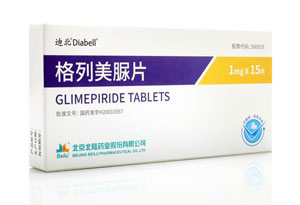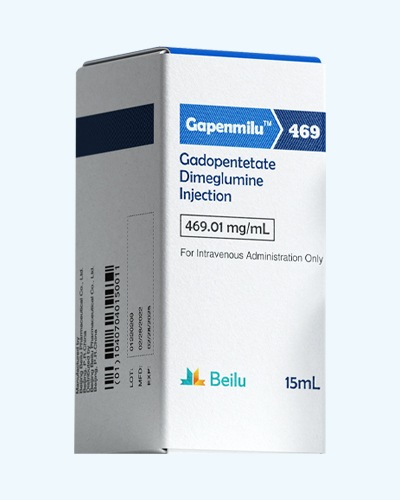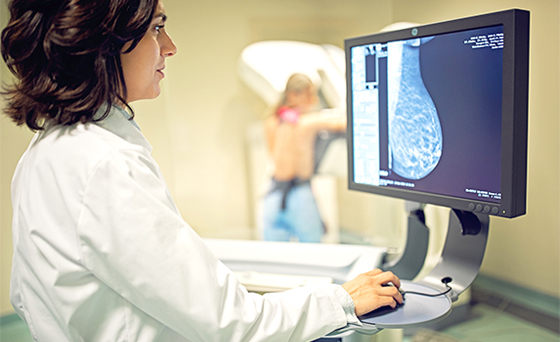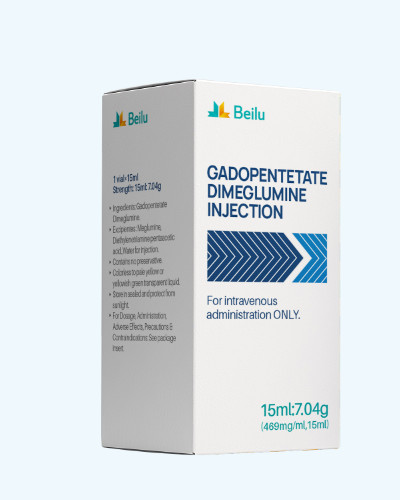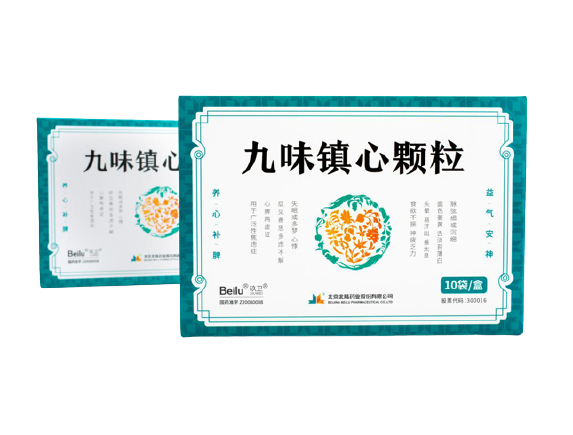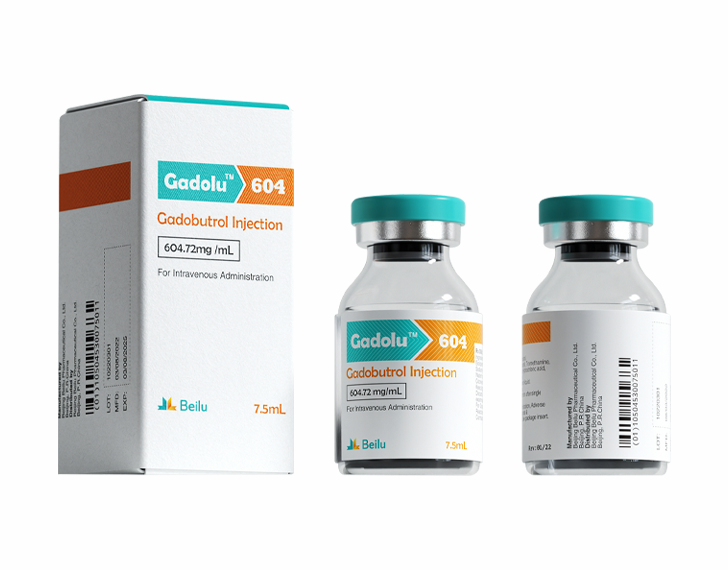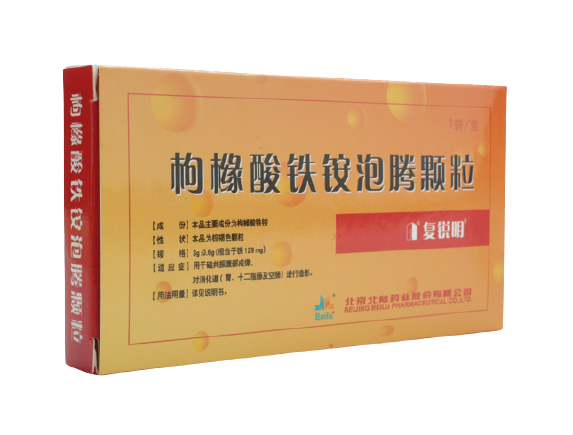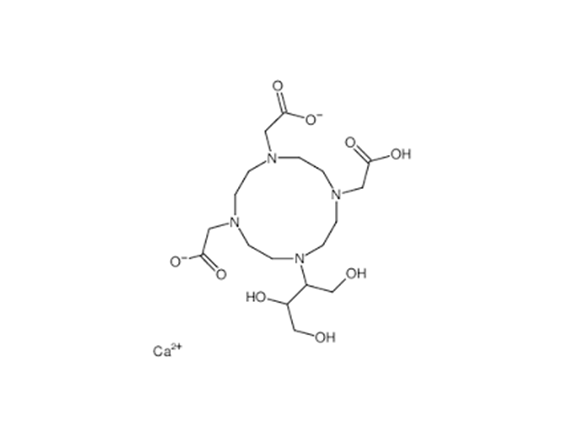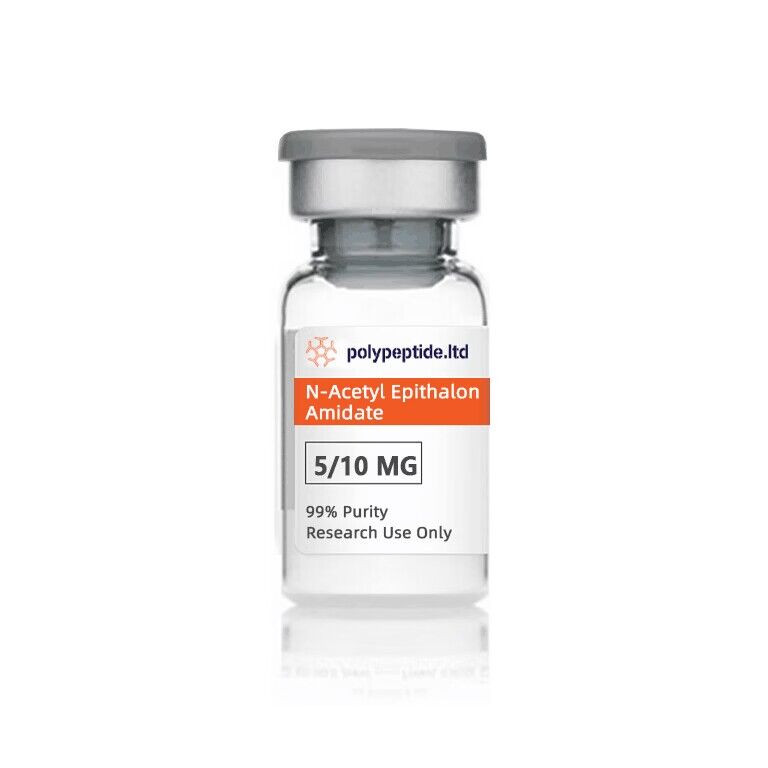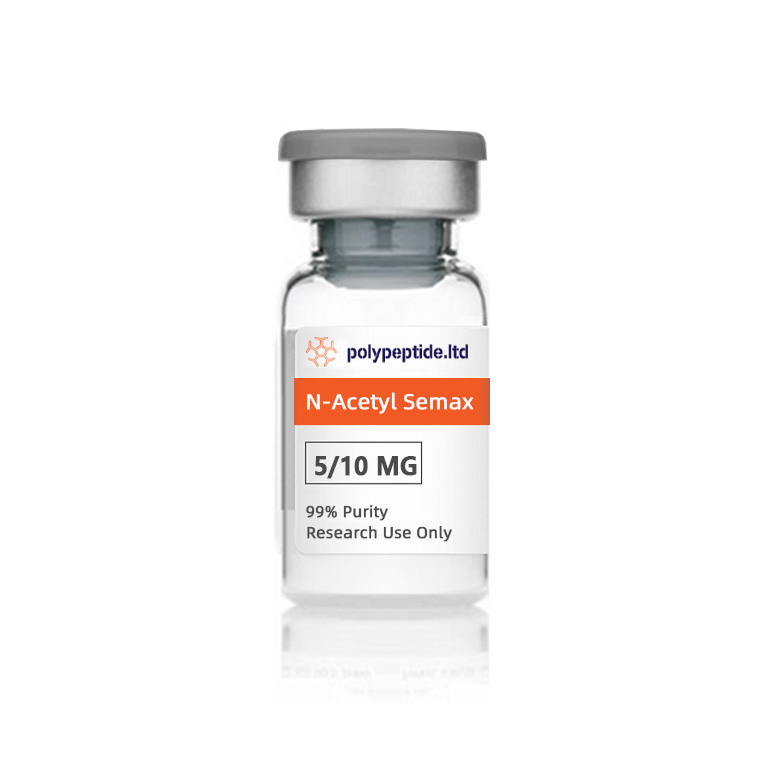Anti-Diabetic Drugs
The number of people with diabetes rose from 151 million in 2000 to 463 million in 2019; by 2045 this number will rise to 700 million. 1 in 5 of the people who are above 65 years old have diabetes, 1 in 2 people (232 million) with diabetes were undiagnosed, and diabetes caused 4.2 million deaths. Diabetes caused at least USD760 billion dollars in health expenditure in 2019 – 10% of total spending on adults. More than 1.1 million children and adolescents are living with type 1 diabetes, and 374 million people are at increased risk of developing type 2 diabetes.
Diabetes is a chronic disease. Diabetes occurs when the pancreas cannot produce enough insulin or the body cannot effectively use the produced insulin (diabetes is a hormone that regulates blood sugar). High blood sugar or elevated blood sugar is a common result of uncontrolled diabetes. Over time, diabetes can seriously damage many systems of the human body, especially nerves and blood vessels, so the prevention and treatment of diabetes is particularly important in our daily life. In fact, the incidence of diabetes in low- and middle-income countries is rising faster than in high-income countries. As the health problems of diabetes threaten people's lives seriously, the prevention of diabetes and the corresponding antidiabetic medications have also attracted more and more attention. As a professional anti-insulin drugs manufacturer, Beilu Pharma can provide you with 2 different types of antidiabetic medications: glimepiride tablet 1mg, glimepiride 2mg tablets and repaglinide tablets.
Types of Oral Antidiabetic Drugs
Glimepiride Tablets
Glimepiride tablets are sulfonylurea hypoglycemic agents and are suitable for type 2 diabetes. As one of the common antidiabetic drugs, glimepiride tablets have a unique dual mechanism of action, which can promote insulin secretion and improve insulin resistance.
Repaglinide Tablets
Repaglinide tablets are non-sulfonylurea insulin-secreting agents used to treat patients with type 2 diabetes. Repaglinide tablets produced by beijing beilu pharmaceutical co ltdcan comprehensively improve the patient's blood glucose control regardless of single-agent or combination therapy.
Types of Diabetes
According to the classification criteria proposed by the international general WHO diabetes expert committee, it is mainly divided into type 1 diabetes, type 2 diabetes and gestational diabetes, the most common type of diabetes in the general population is type 2 diabetes.
Type 1 diabetes is a condition in which your immune system destroys insulin-making cells in your pancreas. The condition is usually diagnosed in children and young people, they mainly rely on exogenous insulin supplementation to maintain their lives.
Type 2 diabetes (previously called non-insulin-dependent or adult-onset diabetes) is caused by the body's inability to use insulin effectively. The vast majority of diabetic patients are type 2 diabetes, this type of diabetes is mainly the result of overweight and lack of physical activity. Until recently, this type of diabetes was seen only in adults but it is now also occurring increasingly frequently in children.
Gestational diabetes is characterized by high blood glucose levels during pregnancy. It may occur at any time during pregnancy (although most likely after week 24) and usually disappears after the pregnancy.
Oral Hypoglycemic Drugs In Patients With Type 2 Diabetes And Chronic Kidney Disease
Chronic kidney disease (CKD) is a group of clinical syndromes characterized by long-term abnormalities of kidney structure and renal function. The incidence is increasing and has become a major global public health problem. Type 2 diabetes is often associated with CKD, which has become one of the main causes of death for diabetic patients in China. Glycemic control is essential to delay the development of early CKD. Oral hypoglycemic drugs are one of the most commonly used hypoglycemic drugs.
There are many types of oral antidiabetic agents, and the pharmacokinetics of various drugs are significantly different. In addition, CKD patients have a decreased ability to clear drugs or their active metabolites excreted by the kidneys. If oral hypoglycemic drugs are used improperly, they will increase the risk of hypoglycemia and other adverse events. Therefore, it is necessary to fully understand the pharmacokinetics and pharmacodynamic characteristics of various antidiabetic oral drugs in clinical work, and make an individualized selection in combination with the patient's renal function to ensure effective hypoglycemia without increasing the risk of hypoglycemia.
Combination of types of hypoglycemic drugs: Metformin is the first choice for monotherapy in most type 2 diabetic patients. Clinically, a combination therapy based on metformin is often selected. If metformin is contraindicated or intolerant, other therapeutic drugs can be selected, such as combination therapy based on α-glycosidase inhibitor or insulin secretagogue (e.g., sulfonylureas, Glinide). In combination therapy, safety should be considered first and the potency ratio should be considered second. Therefore, priority should be given to oral antidiabetic drugs with potential renal benefits and a lower risk of hypoglycemia.
The prognosis of patients with type 2 diabetes and CKD is worse than that of patients with type 2 diabetes or CKD alone. In clinical practice, oral hypoglycemic drugs for patients with type 2 diabetes and CKD should be correctly selected and used in accordance with domestic and foreign diabetes guidelines, especially for patients with renal insufficiency. Once eGFR<60 mL. Min-1. (1.73 m2)-1, the pharmacokinetic and pharmacodynamic characteristics of some oral hypoglycemic drugs will change in these patients, and the risk of hypoglycemia and other adverse reactions will increase significantly. In clinical practice, the blood glucose and renal function of patients with diabetes and CKD should be closely monitored, and the dosage should be adjusted in time to meet the requirements of hierarchical management of the HbA1c target value of diabetic patients and to reduce adverse reactions.
If you want to know more about oral hypoglycemic agents listand oral antidiabetic drugs list, please visit our website.
Founded in 1992, Beilu is mainly engaged in the research & development, production and sales of pharmaceutical products. It is high-tech innovation company with core competence in the Contrast Media domestic. It has around 650 employees with 0.82 Bn/¥ revenue in 2019. Beilu provides complete contrast mediumproducts suitable for X-Ray and Magnetic Resonance Imaging (MRI), and it is the leading manufacturer in the Contrast Media field in China. It is one of the 1st batches of listed enterprises in GEM of SZSE (Ticker: 300016.SZ) in China.
在线联系供应商
Other supplier products
| Gadopentetate Dimeglumine Injection/API | Since Gadopentetate Dimeglumine Injectionwas launched in 1992 by Beilu Pharma in China, it was highly recommended and accepted by the radiologist, ... | |
| CT/X-Ray Contrast Media | Founded in 1992, BeijingBeiluPharmaceuticalsCompanyLimited is mainly engaged in the research & development, production and sales of pharmaceuti... | |
| Gadopentetate Dimeglumine Injection/API | Founded in 1992, BeijingBeiluPharmaceuticalsCompanyLimitedis mainly engaged in the research & development, production and sales of pharmaceutic... | |
| Traditional Chinese Medicine-Jiuweizhenxin Granules | As one of the best anti-anxiety drugs, Jiuweizhenxin Granulesis a modern Chinese patent medicine independently developed by Beilu Pharma for the tr... | |
| Contrast Media Manufacturing Company | For the purpose of medical imaging, a certain substance is introduced into the human body to change the image contrast of local tissues of the body... |
Same products
| Ferric Ammonium Citrate Effervescent Granules | 卖方: 北京北陆药业股份有限公司 | Ferric Ammonium Citrate Effervescent Granules was launched in 2004. It is an oral magnetic resona... | |
| Calcobutrol | 卖方: 北京北陆药业股份有限公司 | Calcobutrol CAS No.: Molecular formula: C18H32CaN4O9 Molecular weight: 488.5461 Qualit... | |
| Anti-Diabetic Drugs | 卖方: 北京北陆药业股份有限公司 | The number of people with diabetes rose from 151 million in 2000 to 463 million in 2019; by 2045 ... | |
| N-Acetyl Epithalon Amidate | 卖方: Polypeptide.ltd | Epitalon peptide is an anti-aging agent and a telomerase activator. Epithalon is the synthetic pe... | |
| N-Acetyl Semax | 卖方: Polypeptide.ltd | N-Acetyl Semax Amidate is a synthetic peptide known for its neurogenic and neurorestorative prope... |





